There’s a new, more dangerous, and more competitive environment afoot. Is the United States ready for it?
The Congressional Commission on the Strategic Posture of the United States released its final report in October in conversation with the Atlantic Council’s Forward Defense program.
In the final report—the first of its kind since 2009—the commission reviewed the United States’ strategic posture, which includes nuclear policy, strategy, and force structure. The twelve-member commission of bipartisan experts detailed 131 findings and made 81 recommendations to adapt existing US nuclear posture to address the 2027-2035 threat environment and beyond.
To dive deep into the report’s takeaways, Forward Defense convened a panel including four commissioners and an expert panel featuring nuclear experts on deterrence and nonproliferation.
Behind the report
Commission Chair Madelyn Creedon explained that the final report shows that, against the backdrop of a changing security environment, the United States is not adequately prepared to deter two peer nuclear adversaries simultaneously. If the United States is to adjust its strategic forces to be prepared to address challenges from both Russia and China in the coming decade, it is imperative that the United States acts now, she asserted.
Former US Senator Jon Kyl, vice chair of the commission, pointed out that since there was bipartisan consensus behind the report, there is the potential for bipartisan consensus on the implementation of the commission’s recommendations, citing interest and engagement from both sides of the aisle in the Senate Armed Services Committee.
Kyl agreed with Creedon’s argument that the United States is not prepared to face two near-peer nuclear adversaries, a development brought about by China’s rapid nuclear buildup and Russia’s persistent advantage in nonstrategic nuclear weapons. He warned that current US nuclear force structure was designed for addressing challenges that arise with one nuclear peer—the Soviet Union or Russia—and does not account for a potential situation in which conflict with Russia unfolds simultaneously as China builds a more robust force.
Matthew Kroenig, senior director of the Atlantic Council’s Scowcroft Center for Strategy and Security, highlighted that the 2010 US nuclear modernization program of record—which will replace all three legs of the US nuclear triad on a one-for-one basis—is a good starting point, but not enough to address the evolving threat posed by two adversaries with near-peer nuclear capabilities. He explained the longstanding US nuclear policy of flexibility, which seeks to give the United States response options “other than surrendering or launching a full-scale nuclear attack.” He emphasized that this flexibility is necessary for the United States’ ability to continue deterring its adversaries.
In addressing a critique of the report—that the modernization and/or expansion of the US nuclear arsenal may fuel an arms race with adversaries—Commissioner Robert Scher argued that China and Russia are already modernizing and expanding their respective arsenals whether or not the United States modernizes its own nuclear force.
Both Creedon and Scher emphasized the role that allies play in US defense strategy. Creedon explained that while the commission gathered information for the report, it met with a number of US allies and partners to better understand their insight and perspectives. Scher followed up on this point, stating that NATO needs to build up its nuclear knowledge as an Alliance, pointing to the deterioration of nuclear understanding following the end of the Cold War.
Regarding the arms-control implications of the report, Creedon spoke to the need for a “broad range of [options] that would reduce the risk” of nuclear war. The Commissioners noted that the lack of engagement from Russia and China on arms control discussions is concerning, but added that the United States should still prepare for arms control by researching what would be needed for trilateral arms control agreements, including those related to verification mechanisms.
The questions the report answered—and didn’t
While all three expert panelists praised the work of the commission and its ability to come to a bipartisan consensus report, they had different perspectives on the appropriateness, timeliness, and cost of the recommendations.
Robert Soofer, a senior fellow with the Forward Defense program, encouraged the Biden administration to take note of the commission’s recommendations, suggesting that plans on the future of US strategic posture will be a key theme debated in the 2024 presidential election.
Walter Slocombe—an Atlantic Council board director—and Lynn Rusten—vice president of the Global Nuclear Policy Program at the Nuclear Threat Initiative—agreed that the best way to prevent a nuclear war is by preventing a conventional war, echoing sentiments from the report that call for strengthened conventional forces as a way to deter escalation to nuclear use.
Rusten agreed with the threat assessment of the report but emphasized that the report did not provide “the answer” to the threat but rather is “one input” that attempted to solve the problem through a military lens. She advocated a strategy of using arms control in a more broadly defined way, not only including legally binding agreements but also cooperative arrangements and commitments, as well as risk-reduction measures.
Soofer asserted that the United States should modernize its nuclear forces and can do so without fueling an arms race. He also argued that a US nuclear force expansion would not need to match the combined forces of Russia and China; instead, a more modest increase would likely suffice to enhance deterrence.
Michael Berg is a young global professional in the Scowcroft Center for Strategy and Security’s Forward Defense program.
Commissioner panel
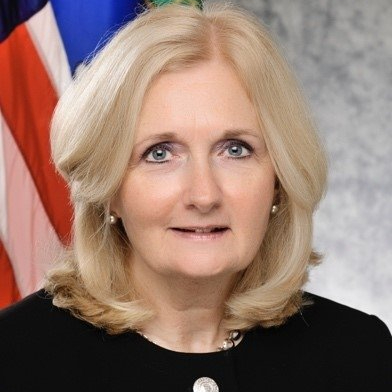
The Hon. Madelyn Creedon
Chair, Congressional Commission on the Strategic Posture of the United States
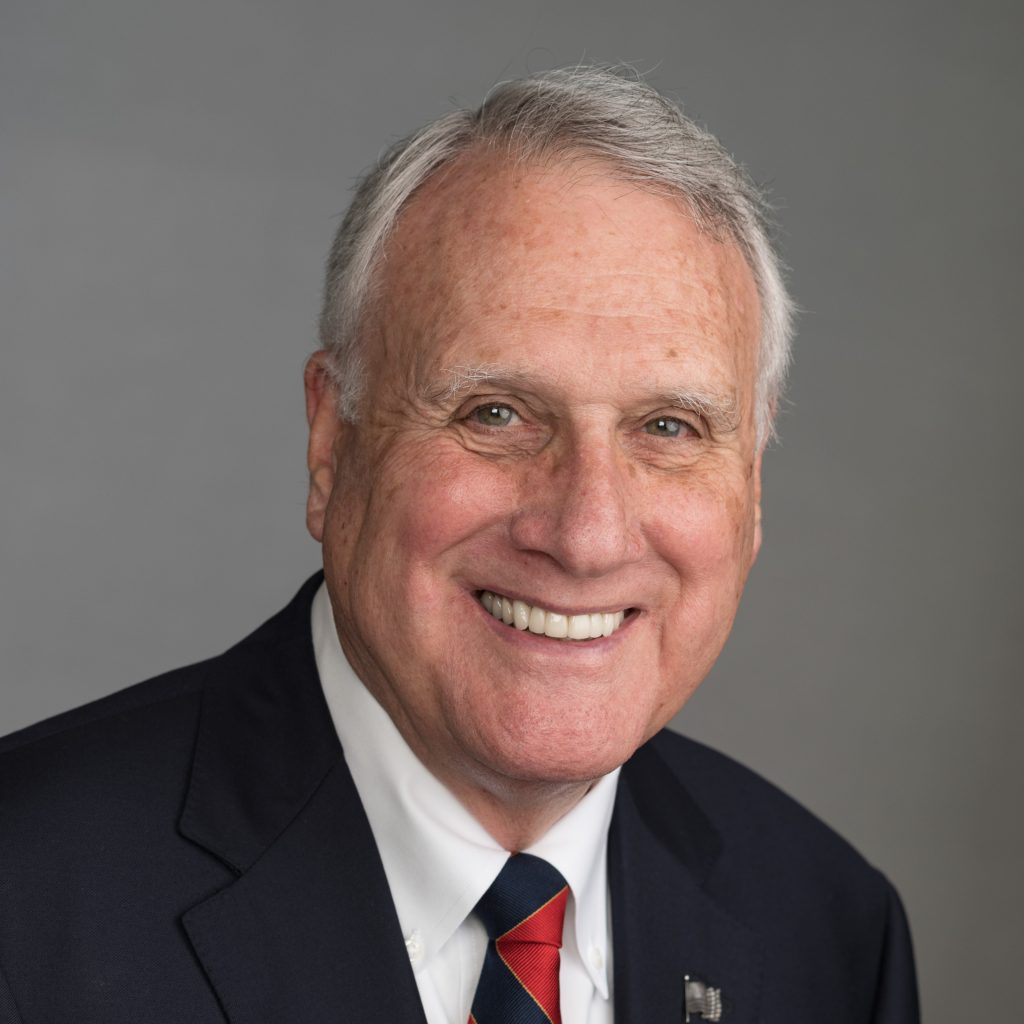
Sen. Jon Kyl
Vice Chair, Congressional Commission on the Strategic Posture of the United States

Commissioner, Congressional Commission on the Strategic Posture of the United States

The Hon. Robert Scher
Commissioner, Congressional Commission on the Strategic Posture of the United States
Moderated by

Michael Gordon
National Security Correspondent, Wall Street Journal
Expert panel
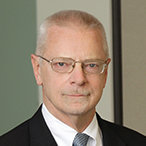
The Hon. Walter B. Slocombe
Board Director, Atlantic Council
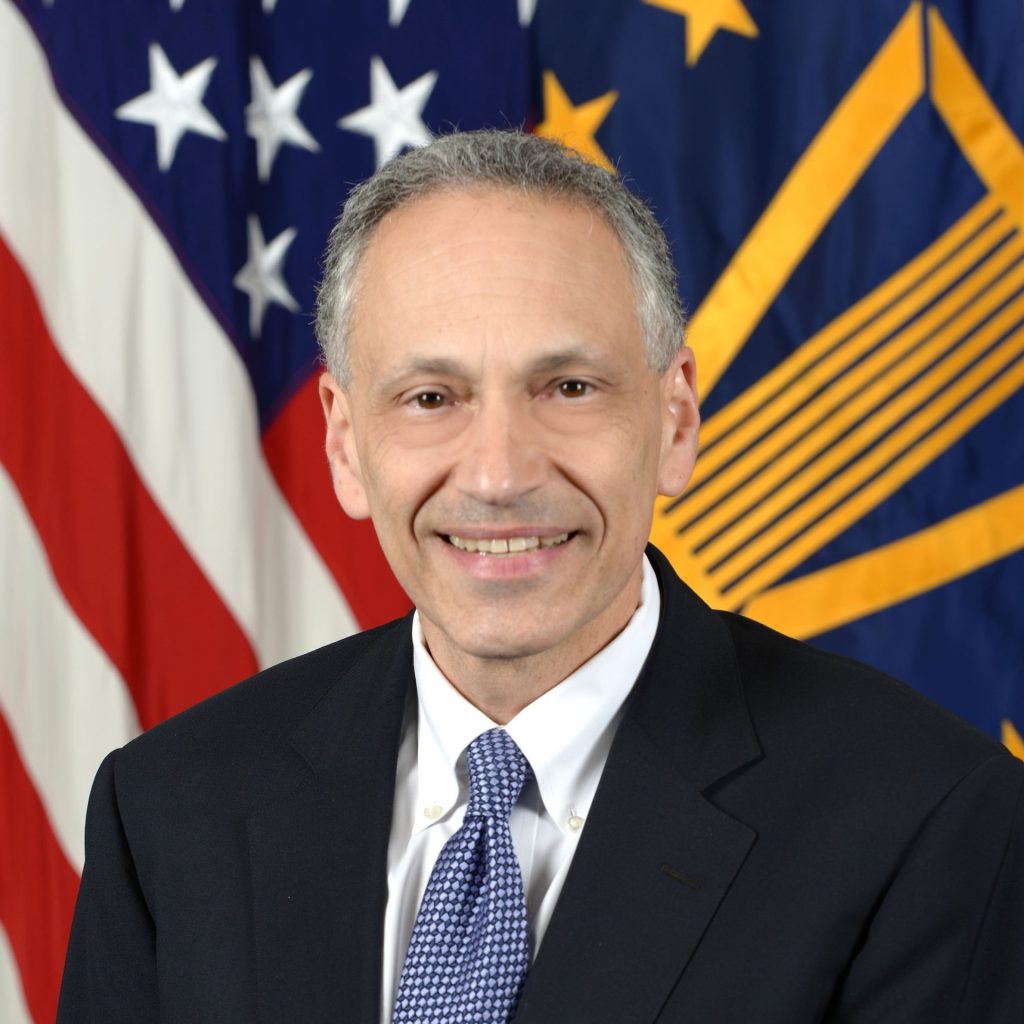
Senior Fellow, Forward Defense, Scowcroft Center for Strategy and Security, Atlantic Council

Lynn Rusten
Vice President, Global Nuclear Policy Program, Nuclear Threat Initiative
Moderated by
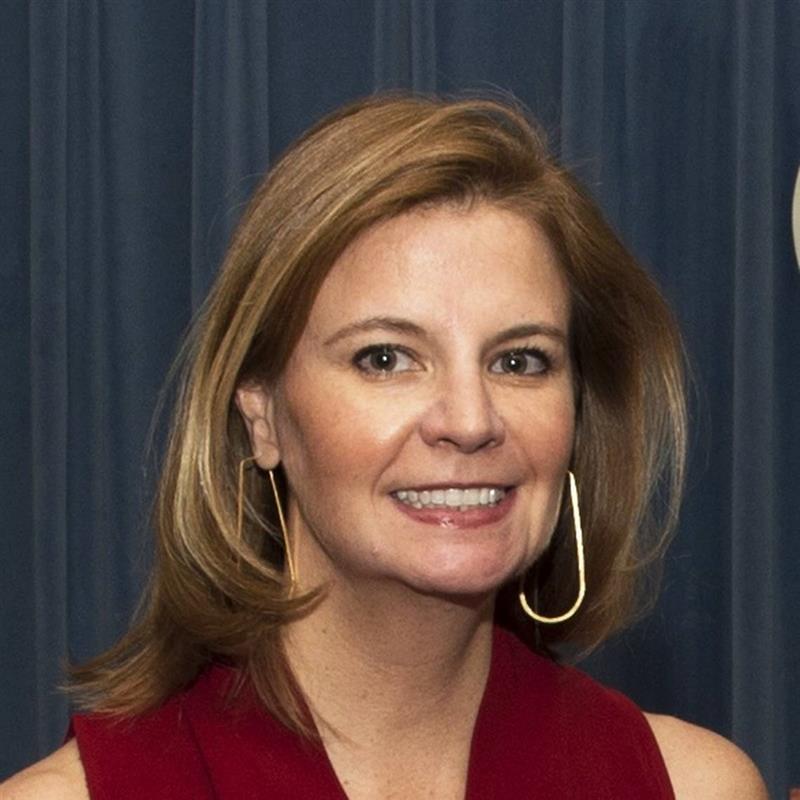
Tara Copp
Pentagon Correspondent, The Associated Press

Forward Defense, housed within the Scowcroft Center for Strategy and Security, generates ideas and connects stakeholders in the defense ecosystem to promote an enduring military advantage for the United States, its allies, and partners. Our work identifies the defense strategies, capabilities, and resources the United States needs to deter and, if necessary, prevail in future conflict.
Atlantic Council TV
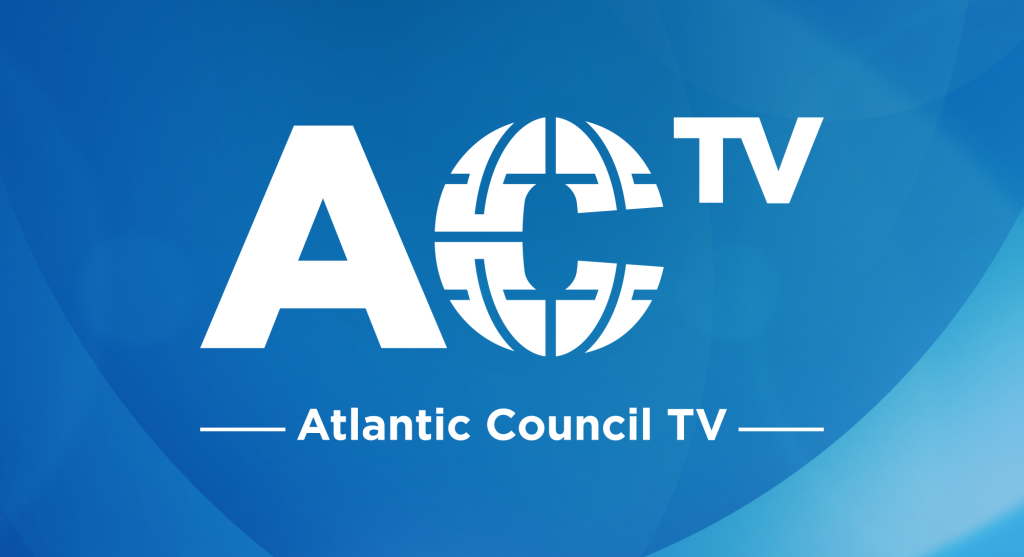
Watch this event and more content on ACTV
Follow the conversations shaping our world. Available on all major platforms.
Follow the conversation on X, formerly known as Twitter, with @ACScowcroft and @AtlanticCouncil using #ForwardDefense